MGO Inc.
24400 Chagrin Blvd., Suite 310
Beachwood, OH 44122
Phone (216) 771-4242
Fax (216) 771-4274
Toll-free 1-888-MOSKAL2
Copyright © 2024 MGO One Seven LLC All Rights Reserved.
OneSeven is a registered investment adviser with the U.S. Securities and Exchange Commission (SEC). Registration with the SEC does not imply a certain level of skill or training. Certain Advisory Persons, in their individual capacities are also registered representatives of MGO Securities Corp., Member FINRA/SIPC (“MGOSC”). As a registered representative, securities may be offered through MGOSC, which is separate from MGO One Seven. MGOSC and MGO One Seven are affiliated companies. Services are provided under the name MGO, a DBA of OneSeven. Investment products are not FDIC insured, offer no bank guarantee, and may lose value. The opinions and descriptions of any investment strategies referenced on this site should not be considered as an offer to sell or a solicitation to purchase specific securities. Past performance is not a guarantee or a reliable indicator of future results.
Copyright © 2025 MGO, Inc, All rights reserved.

